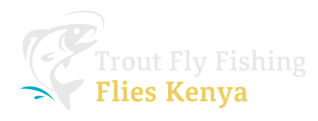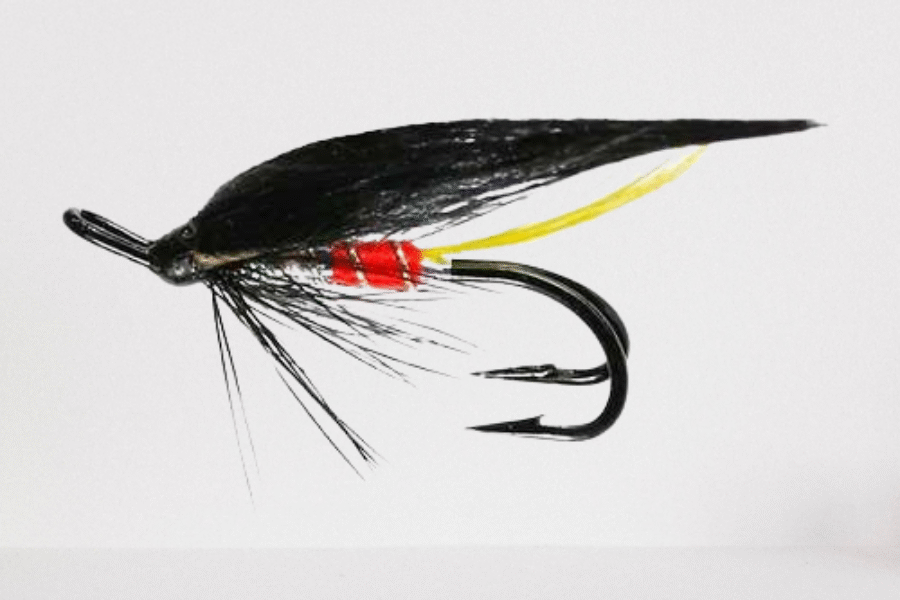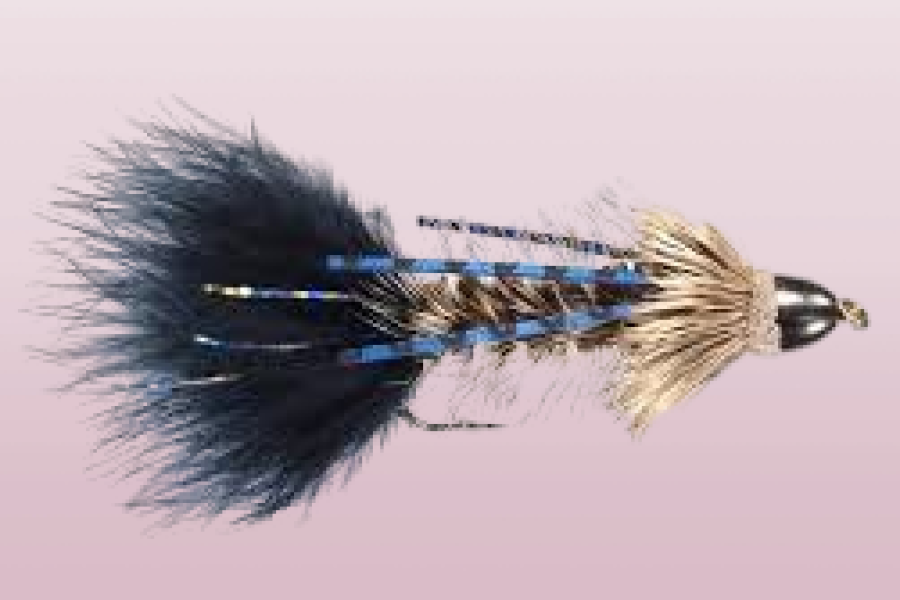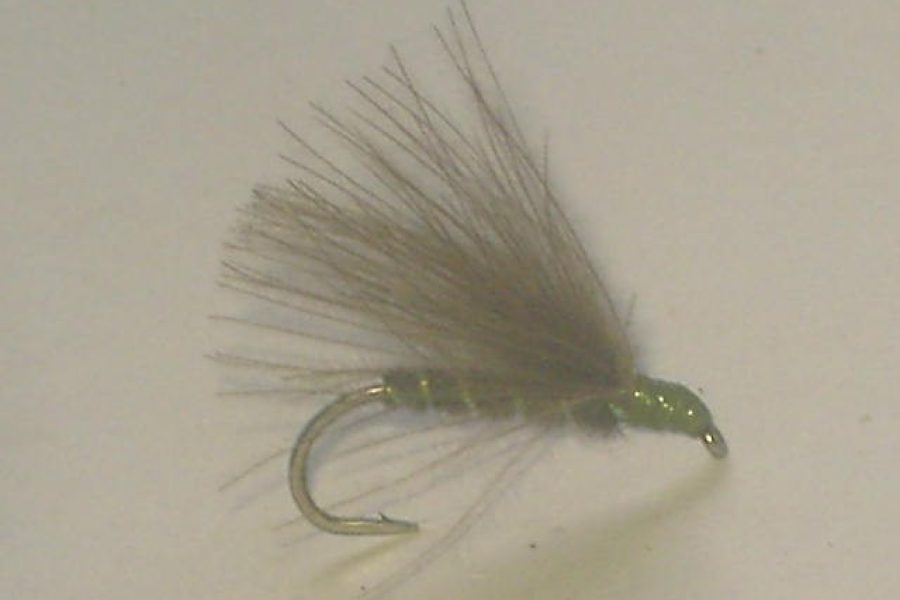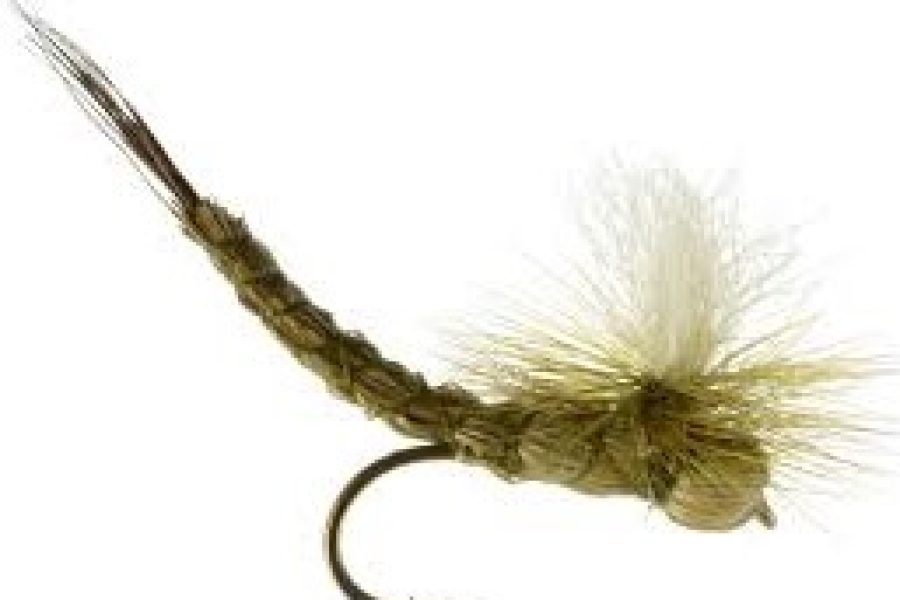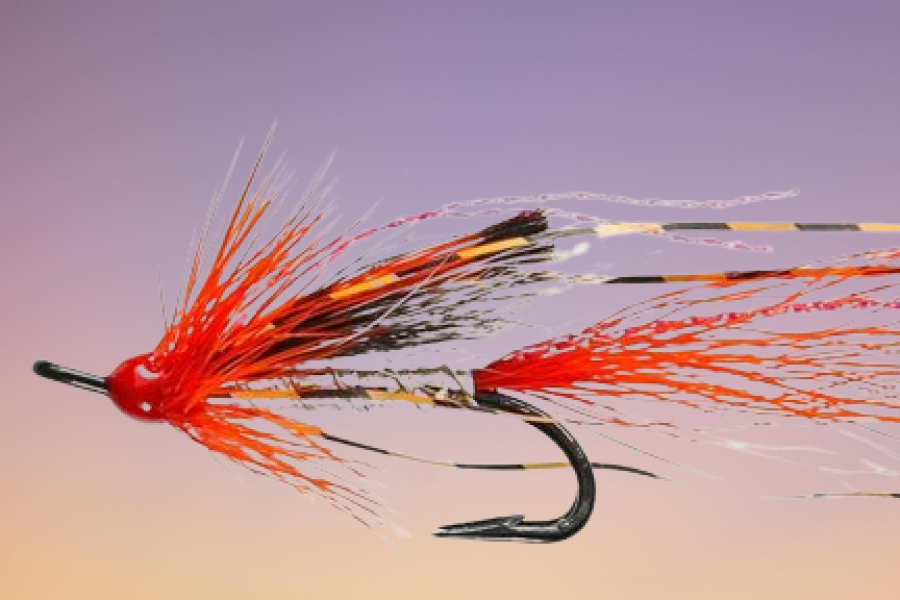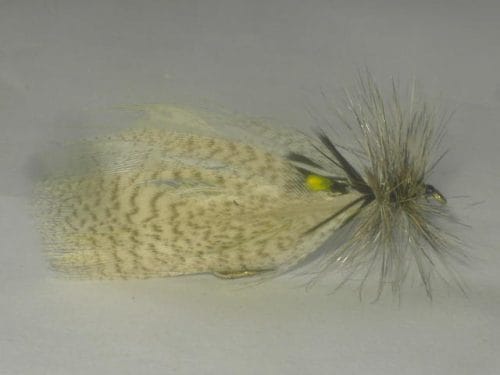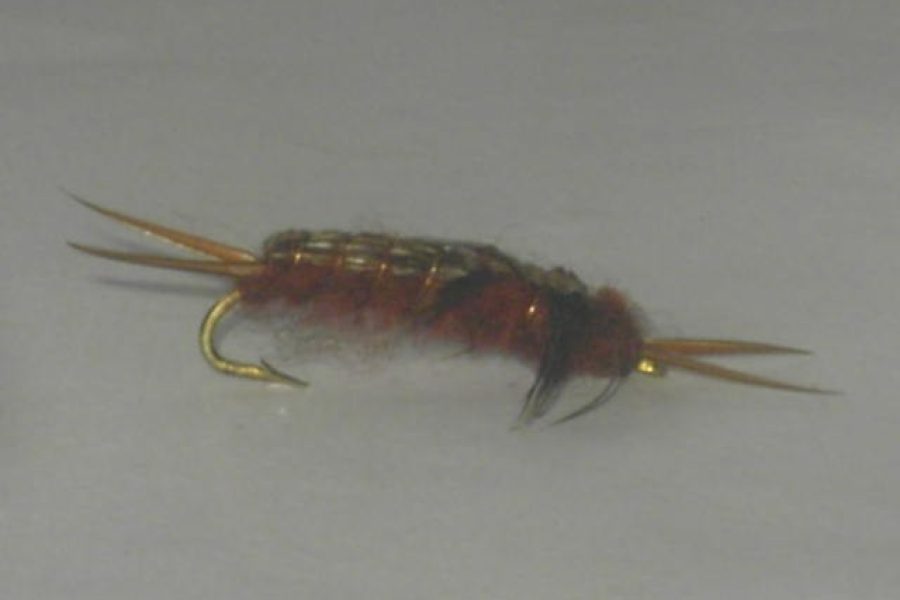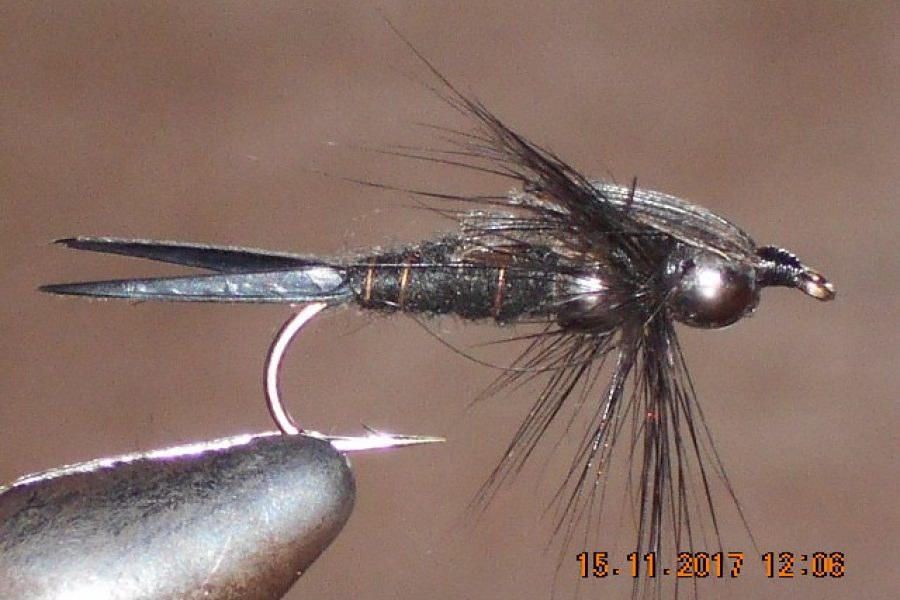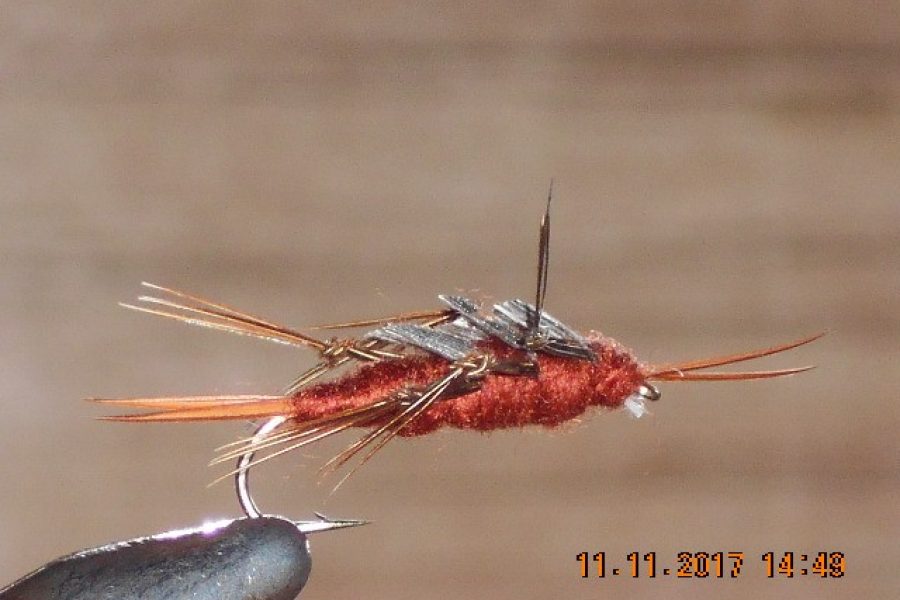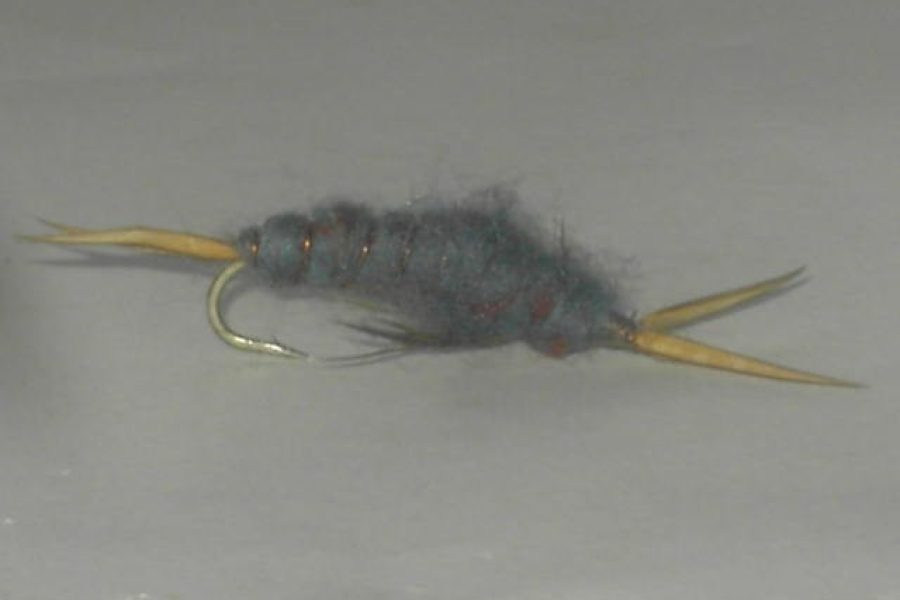Hornberg fly
Per Dozen $ 7.00
Description
Hornberg Fly: Classic Multi-Purpose Pattern
The Hornberg fly represents a masterful approach to versatile fly design, combining traditional materials with proven fish-catching effectiveness. This meticulously crafted pattern features a silver Mylar tinsel body, yellow calftail underwing, and mallard flank feathers that create a compelling profile in the water, making it particularly effective for targeting various freshwater species.
Design Excellence and Innovation The pattern showcases sophisticated design elements that set it apart from standard patterns. Its carefully engineered construction provides multiple fishing applications, while the unique combination of materials creates a highly visible yet natural profile. The addition of jungle cock eyes adds both flash and realism, making it particularly effective across different fishing situations.
Material Selection and Technical Construction Every component is carefully selected for both performance and durability:
- Silver Mylar tinsel body
- Yellow calftail underwing
- Mallard flank feathers
- Jungle cock eyes
- Heavy-duty hook selection
- Reinforced construction techniques
Strategic Fishing Applications This pattern excels in multiple fishing scenarios:
- Wet fly presentations
- Streamer retrieves
- Dry fly drifts
- Various depth ranges
- Different water conditions Each technique allows the pattern to showcase its effectiveness.
Seasonal Effectiveness The pattern demonstrates remarkable productivity throughout the year:
- Spring: Early season hatches
- Summer: Multiple presentations
- Fall: Baitfish imitation
- Winter: Deep-water fishing Seasonal adaptations in presentation maximize success.
Species-Specific Performance While versatile across species, the pattern proves deadly for:
- Various trout species
- Smallmouth bass
- Largemouth bass
- Panfish
- Multiple freshwater species
Water Presentation Characteristics Superior presentation qualities include:
- Natural swimming action
- Realistic profile
- Effective flash patterns
- Perfect silhouette
- Attractive movement
Advanced Retrieval Techniques To maximize the pattern’s effectiveness:
- Strip-pause retrieve
- Dead drift presentation
- Swing techniques
- Surface skate
- Various speed adjustments
Technical Advantages Key performance benefits include:
- Multi-purpose design
- Natural movement in current
- Excellent hook-up ratio
- Durable construction
- Versatile fishing depths
Line and Leader Configuration For optimal presentation:
- Floating lines for dry fly
- Intermediate lines for wet fly
- Sinking lines for streamer
- Various tippet sizes
- Adaptable leader lengths
Environmental Adaptability The pattern performs consistently across:
- Various water clarities
- Different current speeds
- Multiple depth ranges
- Various light conditions
- Different temperature ranges
Competition and Professional Applications The Hornberg has established itself in serious angling:
- Tournament-proven pattern
- Guide’s choice for versatility
- Professional competition use
- Training pattern for multiple techniques
- Reliable producer in various conditions
Size Variations and Pattern Modifications Available in multiple configurations:
- Various hook sizes
- Different tinsel options
- Wing variations
- Material substitutions
- Profile adjustments
Storage and Maintenance Requirements To maintain optimal performance:
- Store in ventilated compartments
- Protect jungle cock eyes
- Regular grooming
- Proper drying essential
- Hook maintenance
Advanced Rigging Techniques Multiple rigging options enhance versatility:
- Traditional dry fly setup
- Wet fly presentations
- Streamer configurations
- Multiple fly rigs
- Specialized techniques
Historical Context and Evolution The pattern’s development reflects:
- Traditional fly patterns
- Modern material incorporation
- Refined proportions
- Proven effectiveness
- Continuous improvement
Quality Control Standards Each fly maintains strict requirements:
- Precise material selection
- Proper proportioning
- Construction integrity
- Material placement
- Pattern uniformity
Fishing Location Selection Optimal fishing locations include:
- Riffles and runs
- Deep pools
- Current seams
- Structure areas
- Feeding lanes
Weather and Condition Considerations Pattern effectiveness varies with:
- Water clarity
- Light conditions
- Current speed
- Temperature
- Barometric pressure
Presentation Depth Control Achieving proper depth through:
- Line selection
- Retrieve speed
- Cast angle
- Current reading
- Weight adjustment
Color and Flash Characteristics The pattern’s materials provide:
- Silver flash attraction
- Natural wing colors
- Depth adaptability
- Light reflection properties
- Effective contrast
Movement Characteristics Natural movement achieved through:
- Wing undulation
- Tinsel flash
- Current interaction
- Material flexibility
- Presentation technique
Durability Features Construction elements ensuring longevity:
- Reinforced wing attachment
- Quality material selection
- Proper proportioning
- Strategic construction
- Hook point protection
Target Species Behavior Understanding fish response to:
- Profile presentation
- Movement triggers
- Flash attraction
- Depth preferences
- Feeding patterns
Water Type Adaptations Effective across various waters:
- Rivers and streams
- Lakes and ponds
- Spring creeks
- Tailwaters
- Various flows
Casting Techniques Specialized casting methods:
- Accuracy casting
- Distance presentation
- Line control
- Presentation angles
- Wind adaptation
Strike Detection Recognizing takes through:
- Visual observation
- Line movement
- Leader reaction
- Surface disturbance
- Tactile detection
Hook Setting Techniques Proper hook setting through:
- Timing considerations
- Pressure control
- Direction management
- Follow-through
- Fish behavior reading
Fighting Techniques Landing fish effectively:
- Pressure application
- Direction control
- Line management
- Fish behavior adaptation
- Landing strategies
Additional information
| Hook type | Barbed Hooks, Barbless Hooks |
|---|---|
| Hook size | 10, 12, 14, 16, 18, 20, 6, 8 |
We're glad you're here. Let us know how we can assist — whether you're looking for barbless flies, bulk orders, or have a custom request. We're ready to help you catch the perfect deal!
